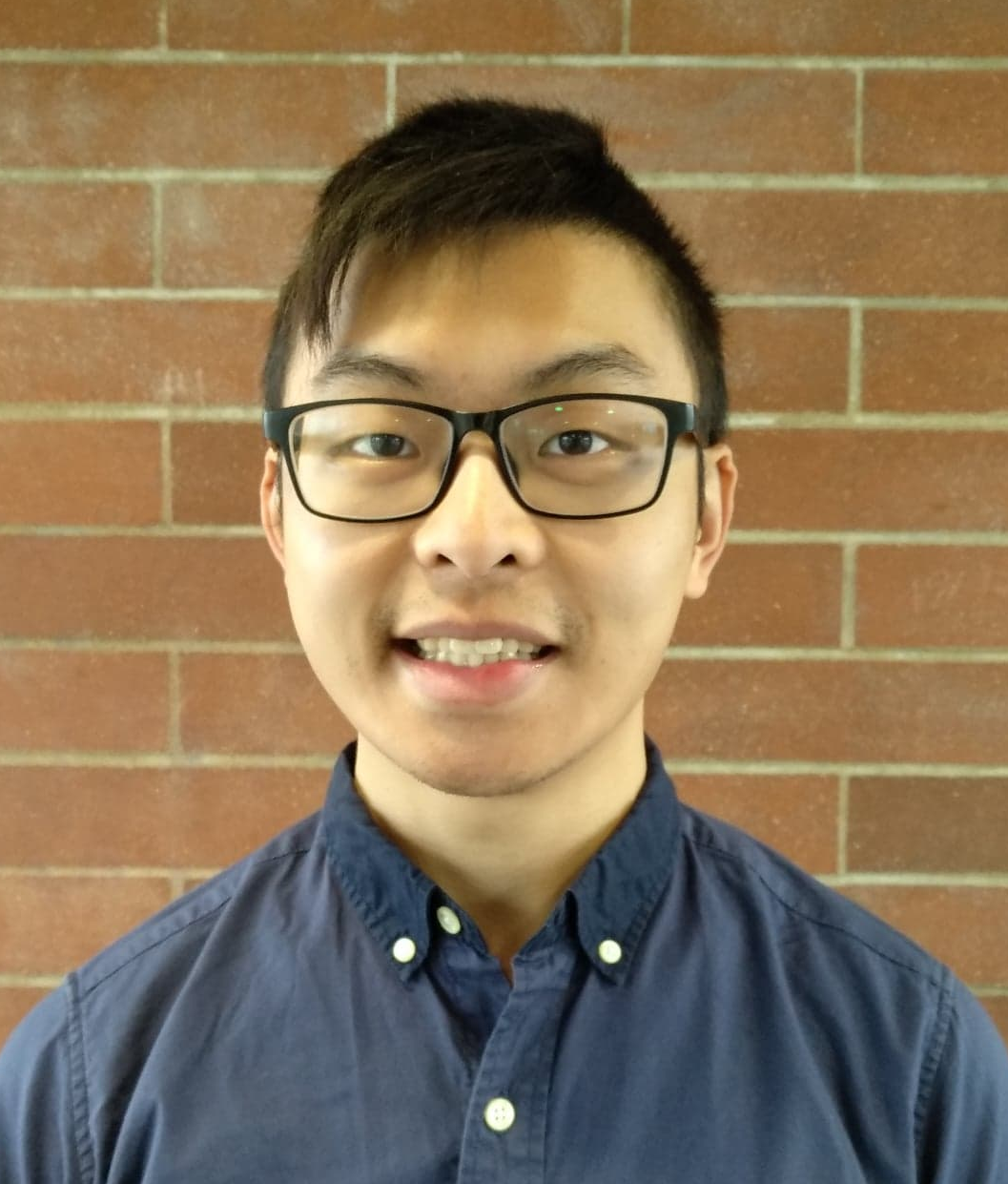
Jacky Liu used Statistics Canada data to show the benefits that new Canadians receive from volunteering.
Nov. 24, 2020

For many newcomers to Canada, creating a new home while dealing with a new culture, language and climate (especially in winter!) is more than enough of a challenge.
However, recent Master of Social Work graduate Jacky Liu, MSW’20, doesn’t think so. Liu’s research suggests that newcomers fare better when they dive right into Canadian society and focus on giving back through volunteering.
Liu is a newcomer himself. He came from Hong Kong on a student visa in 2016 and found that he received as many benefits from volunteering as the communities he worked for.
“People often only think about how those who serve others make an impact,” says Liu. “Being a social worker, serving others, I always see that there is a reciprocal relationship. People don't always see that those who serve also gain something back and that there is also beauty and benefit from serving others. So, I guess, through this journey of studying [social work], connecting with people, doing practicums and doing research, all connected to help me understand as a newcomer, how serving others can also help me in the process.”

Jacky Liu used Statistics Canada data to show the benefits that new Canadians receive from volunteering.
These reciprocal benefits became the focus of Liu’s research and thesis, under the guidance of social work professor Dr. Yeongjung Lee, PhD. The research was a quantitative study that leveraged national data from Statistics Canada to illustrate the benefits of volunteering for newcomers.
“The data set,” says Liu, “shows that there is a direct connection between volunteering and immigrants’ and refugees’ physical and mental health. Part of it is actually explained by the sense of belonging in the community. The study shows that through volunteering people have a greater sense of community. And this plays a beneficial role in their physical and mental health.”
Social Work research is often focused on knowledge sharing or direct social impact, so it perhaps isn’t surprising that Liu was eager to spread his research by entering the National Essay Challenge, organized by Immigration, Refugees and Citizenship Canada (IRCC).
Last week Liu was announced as one of the winners and was thrilled to hear the news.
“I just felt very honoured to represent the faculty,” he says. “I really feel blessed that I’ve had a lot of support from my professors who helped me along the way. They were so approachable and gave me a lot of advice and support. I also had a lot of support from my peers and classmates. I just felt blessed.”
In a non-global-pandemic year, Liu’s prize would have been accompanied by a trip to Ottawa to present his research essay to IRCC in person. He’ll make his presentation online but says the prize and the trip weren’t really his motivation.
“I think like the biggest reward is just the recognition and being able to share my research,” he says. “I'm very passionate about doing research. I'm an immigrant who came here as an international student and now a permanent resident – and just doing a research about immigrants and how they can thrive through doing volunteer work is to me the biggest reward."
He adds that as an immigrant and as a social worker, he hopes to use this opportunity to encourage others to pursue their dreams and strive for a better future.